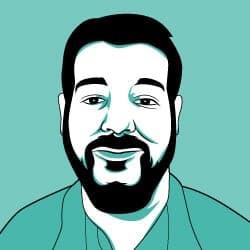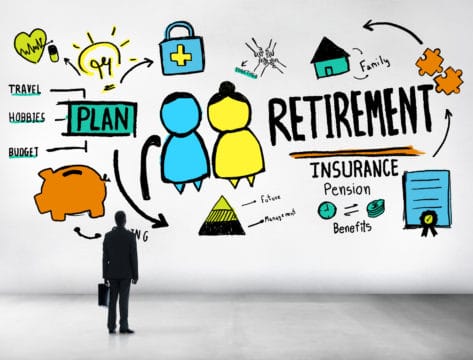To get an idea what American voters want from the next president, take a look at their age.
Last week, Debt.com reported Gen Z’s biggest campaign concern is affordable housing. Days before, a study from Transamerica Center for Retirement Studies was released showing older Americans are more concerned with retirement security.
More than 3 in 4 (78%) Baby Boomers said their priority for the President and Congress is to “address Social Security’s funding shortfalls” – while only 40% of Gen Z agreed.
Back in May, the Social Security Administration released a report stating, “benefits will run out in 2035.” Retirees will then receive 83% of their full benefits.
Self-reliant retirement?
Options may be limited for retired Baby Boomers, but Gen Xers still in the workforce has time to correct their retirement.
Investment and financial service company Prudential recently released a survey titled “Midlife Retirement ‘Crisis’ or a 10-Year Opportunity?”
Prudential says Gen X is the “first modern generation confronting retirement without defined pensions or full Social Security benefits.”
While Americans are increasingly more responsible for self-funding their retirement savings, polls show.
Principal Financial Group quizzed more than 2,000 workers for its “Retirement Security Survey.”
This is the most alarming statistic: “Nearly six-in-10 employees (59%) who are not contributing to their 401(k) or other retirement plan think they are.” Over three in four (77%) of those respondents said they “believed they started saving upon becoming eligible to contribute.”
In other words, they confused their eligibility with their enrollment responsibility. Over six-in-10 said, “they would continue to save in their workplace retirement plan if automatically enrolled by their employer.”
“Collision Course toward insufficient savings”
Catherine Collinson, CEO and president of Transamerica Institute and TCRS frets “millions of U.S. workers are at risk of not achieving a financially secure retirement.”
Collinson has been with the nonprofit organization since 1995. She has served as an expert witness and testified before Congress with the institute’s research, recommending improvements to retirement security in the U.S.
Though the data looks bleak, Collinson believes public and private sectors can build on current retirement solutions.
“Now is the time for the President and Congress to restore confidence and strengthen the U.S. retirement system by addressing Social Security, Medicare, access to workplace retirement plans, financial literacy, and other drivers of retirement security,” Collinson said. “At the same time, policymakers and the retirement services industry must focus on implementing the SECURE 2.0 Act of 2022 and its provisions that make it easier for employers to offer retirement benefits and help workers save, invest, and protect their savings.”












